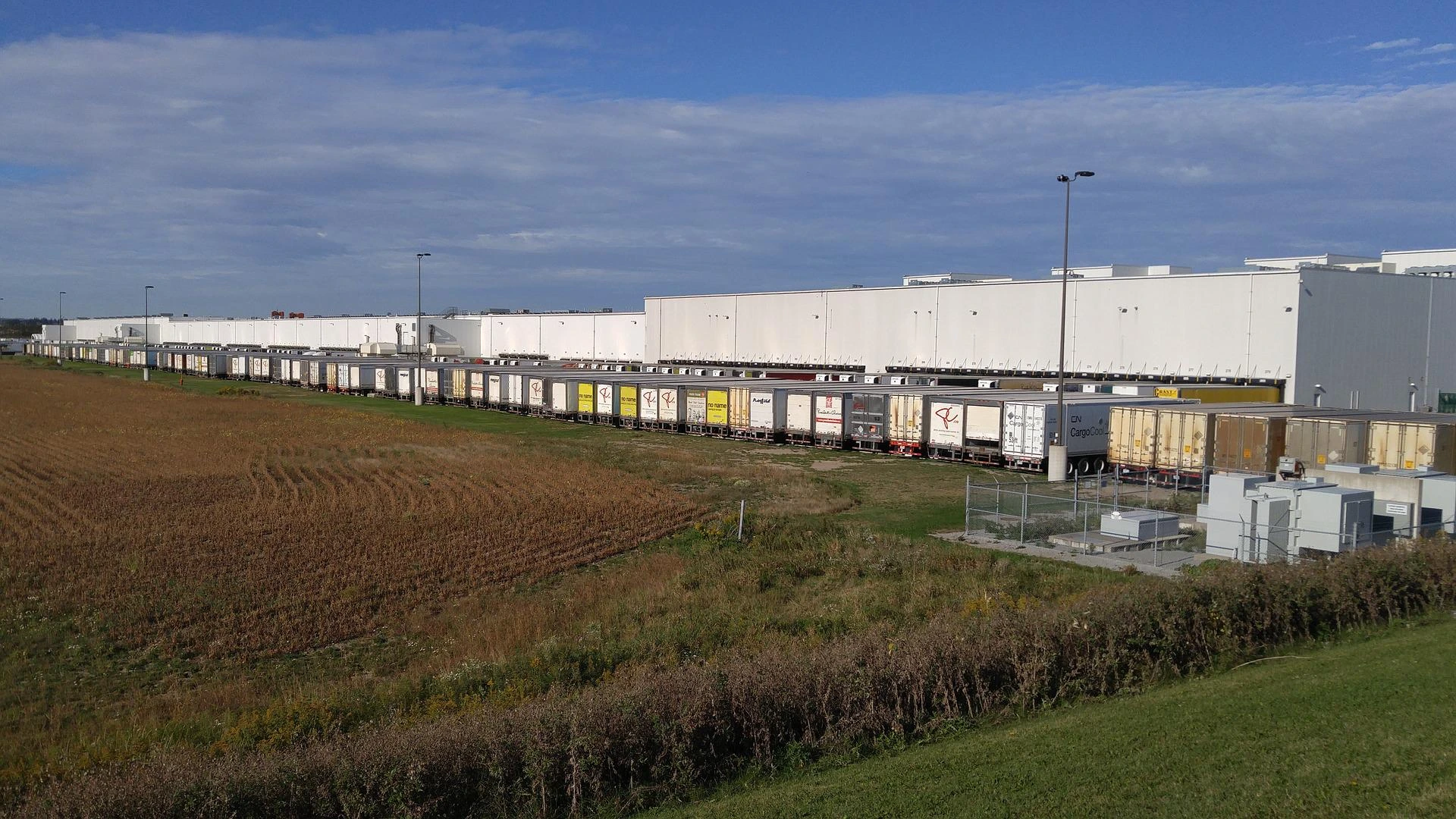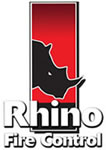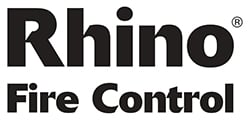
The Most Common Causes of Fire In Food Manufacturing
Fire is a clear and present danger in food processing and manufacturing facilities, so it is important that stringent fire prevention measures are taken to minimise the chances of a blaze occurring.
Health and safety hazards in food manufacturing are varied yet are often focused on the wellbeing of the consumer, for example the control of foodborne pathogens. However, fire safety awareness is equally as important, as the causes of fires in food production facilities are similar to those in other manufacturing plants. Understanding these causes is vital to enforce fire control measures and reduce the risk to people and property on your premises.
The Main Causes of Food Manufacturing Fires
What are the reasons for fires in large food manufacturing facilities?
1. Faulty machinery
High-volume food production for supermarkets and restaurants requires complex equipment that can, if not maintained properly, increase the risk of a fire breaking out. A thorough schedule of maintenance and servicing will help prevent problems such as overheating and alert staff to emerging faults that could increase the risk of fire.
2. Electrical faults
Food production plants require a large amount of energy to operate, as electrical machinery will often be in almost continual operation, even overnight and at weekends. A strain on electrical wiring infrastructure increases the risk that they may overload and cause a fire, so it’s vital to take professional advice to ensure that electrical circuits are properly protected, and machinery is assessed annually for safety.
3. Insufficient fire safety training
Fire safety training is a legal requirement for food manufacturing companies in the UK, and for good reason. Inadequate training means staff may not fully understand the fire risks in the factory, how they can play a role in minimising the dangers, or what to do should a blaze occur.
At Rhino Fire Control, our experts can deliver up-to-date and informative fire safety training that is geared to your food production facility, covering key aspects such as:
- The causes of fires in food production
- Active steps to prevent fires
- Evacuation procedures
- The use of fire extinguishers
- Fire alarm operation
- Fire warden/marshal training
Contact Rhino Fire Control To Find Out More
A proactive approach to fire safety in the workplace will minimise the risks and ensure that all staff members understand their roles and responsibilities in preventing fires and responding should one occur.
To find out more about how to improve fire safety in your food manufacturing plant, please get in touch with Rhino Fire Control today.
Image Source: Pixabay


